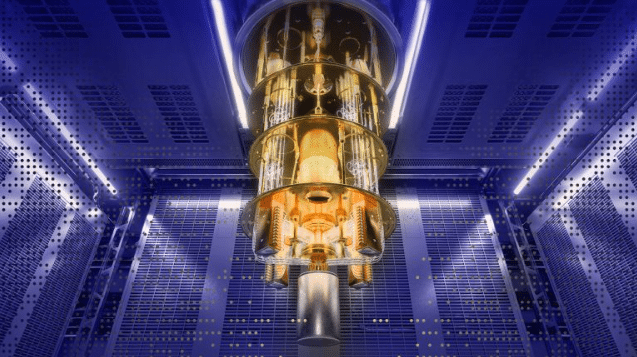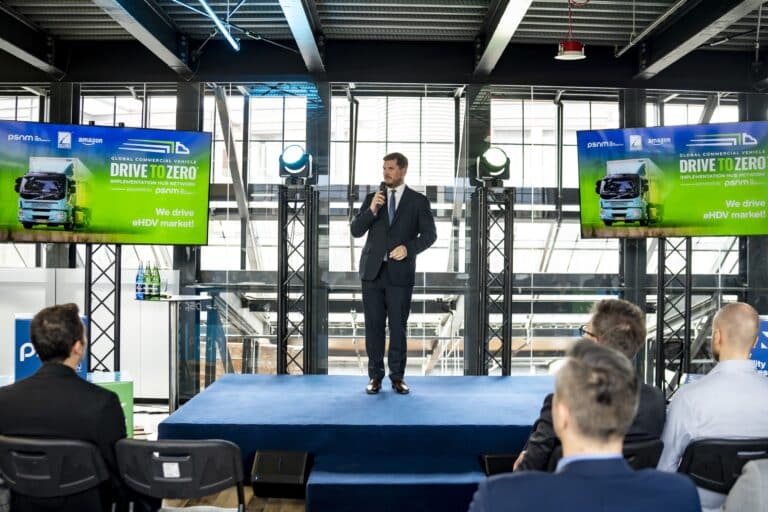Poznań Quantum Computer Network
On 20 March the Polish Minister of Digitalisation and the Minister of Science and Higher Education signed the European Declaration on Quantum Technologies of December 2023, also known as the Quantum Pact, already jointed by 18 EU Member States. The Quantum Pact expects all the European quantum computers to be connected within one network. The first Polish quantum computer is engineered at Poznań Supercomputing and Networking Center (Poznańskie Centrum Superkomputerowo-Sieciowe PCSS), which already joined IBM Quantum Network in February 2022 to become the first quantum hub in the Central and Eastern Europe. The Polish ministries also intend to participate in construction of a quantum computer in Ostrava (Czechia).
Quantum computing is the world’s most advanced and rapidly developing information technology utilising quantum mechanics to accomplish tasks too difficult for ordinary computers, which are based on bites that are either “0” or “1”. Quantum computers are based on qubits in the so-called superposition, in which “0” and “1” exist at the same time so their computing possibilities are practically unlimited, actually not entirely comprehensible to science.
First quantum calculations took place in mid 1990s and the first 7-cubit computer was presented by IBM and Stanford University in 2001. In January 2019 IBM launched its first commercial quantum circuit Quantum System One based on 27-qubit Falcon processor. In March 2020 it was joined by the first European member Fraunhofer-Gesellschaft from Ehningen in Germany, the largest European industrial research and development organisation of 66 institutes. In June 2021 IBM deployed the first unit of Quantum System One in Ehningen as its headquarters.
Nowadays IBM Quantum Network is the largest global network with 210 members from all-over the world, including Fortune 500 companies, universities and laboratories. They can benefit from IBM’s knowledge, tools and systems, including the top 127-qubit processor Eagle that is more powerful than all computing systems on Earth together.







